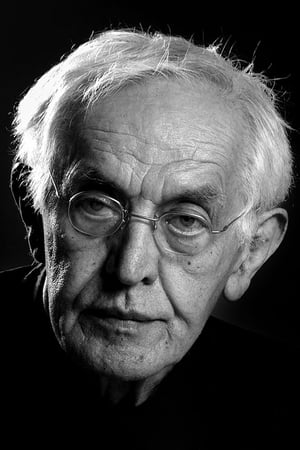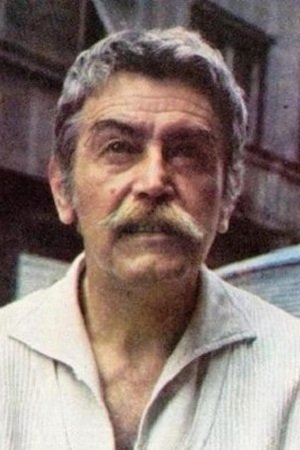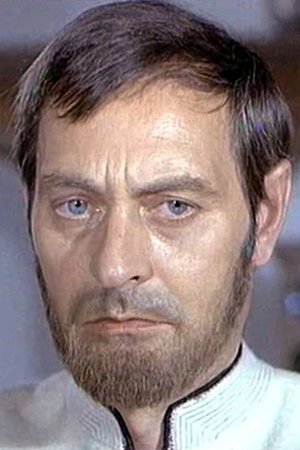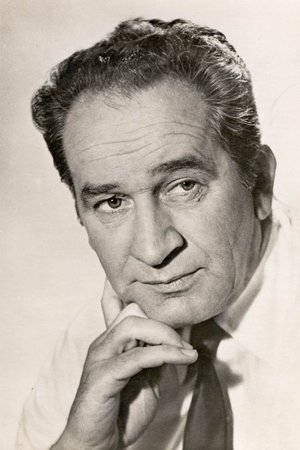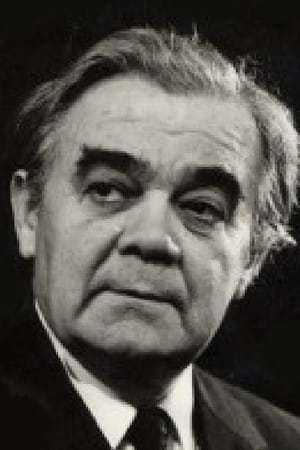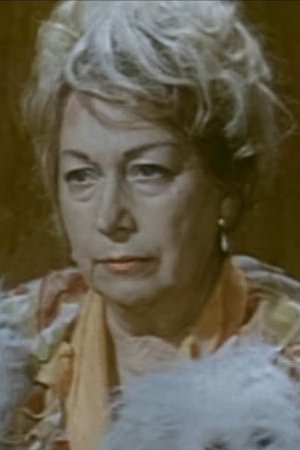
Aqueronte72
8
|
jul. 09, 2025
We could call this work ‘dreams without a plot, with unexpected twists from the reality of the newly arrived Dr. Mišića, included in them.’ His fateful, sleepwalking-like stroll in the film’s introduction allows us to imagine ourselves in a cemetery with a variety of inexplicable chills—because (a) it is almost nightfall or dawn and (b) the walk ends at a cross—and not in the huge apple orchard and courtyard of the gloomy mansion where he will now live. (I should add that it is ill-timed, but I will explain this better below with the gossip from the neighbours) and which foreshadows the gothic atmosphere with sinister flashes that took me back to my readings of Edgar Allan Poe.
Specifically, to the story of Ligeia. In a nutshell, this film could be summarised as follows: a doctor moves into a mansion and is related by blood (details not given) to the previous owners. From the housekeeper to the neighbours, everyone warns him that no one has lived there for more than a month, and the doctor laughs at the superstition of the inhabitants, but soon his habit of having strange dreams becomes intertwined with supernatural phenomena, without it being clear whether they are happening in his dreams, due to the suggestion he mocked others for, or in reality.
That’s it. That’s the plot. But as with Poe, what is delightful here is the expressiveness and the dark, dreamlike and sinister atmosphere that can only be achieved with the ambiguous tone of the story. In Poe’s ‘Ligeia,’ a husband obsessed with his extraordinary wife, Ligeia, is devastated when she falls ill and dies. He moves to a silent, ancient abbey and, after meeting Lady Rowena, marries her. Unfortunately, she also falls ill and dies, but while watching over Rowena’s corpse, the husband witnesses paranormal events until, finally, Rowena’s figure revives, and I emphasise, revives! but transformed into Ligeia. No living being can receive life, but Poe suggests the return of the first wife from the dead and in no way clarifies (I read it more than ten times) whether the husband persists in his recurring nightmares where he saw Ligeia’s teeth falling out, etc.
This is the crux of this simple but unique work, which is backed by the wordless score with choirs from ‘Nights on the Mountain’ (Hegyi Éjszakák) by Zoltán Kodály. Perhaps the newcomer Dr Misic would have been led by another dancing flame (as seen by the drunken Maria) of the kind that the local residents are supposed to have seen during the time the house was uninhabited. But in the character of Ljuba Tadic there is genuine heritage and royal blood from the previous owners of the mansion, and for this reason Radicevik, Turic’s neighbour, and Baroness Albach, who gossips but plays romantic divertimentos on the piano, discuss the strangeness of Dr. Mišić. Just as Dr. Mišić finds it strange that the maid tells him she has seen the deceased Yapukotski walking through the corridors. It is clear that Mišića is dreaming when he sees the unknown young woman in the amphitheatre or morgue and recognises her when he lifts the death shroud and then wakes up, but when he sees her sitting playing the cello at the celebration with the other lively neighbours, is it also a dream?
The days pass and very soon, after believing that he has dreamed and not knowing if he has, and that the laughter from the celebration in the same house is part of the dream, he is called to identify a dead gypsy and soon realises that it is the corpse he has seen in his dreams. What we will never know, just as we never knew in Poe, is whether it was a dream or reality when he anticipates his own death, and when he sees himself lying down with his right hand decomposing, and when he sees the others, such as the baroness and his acquaintances, whether it was just another dream or his farewell.

